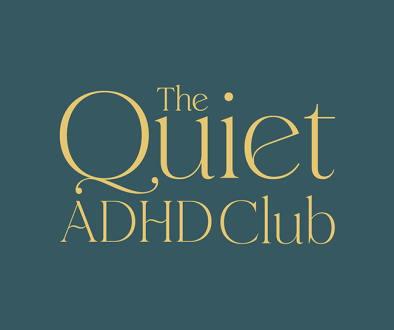Navigating the couple dynamic after a neurodiverse diagnosis

- After diagnosis, a complex emotional process begins for the individual, their partner, and the couple as a team.
- The neurotypical partner’s perspective must also be acknowledged.
- After diagnosis, the couple’s dynamic might shift, and forewarned is forearmed.
A neurodivergence (ND) diagnosis can be a seismic event, not just for the individual but also for their partner and the relationship as a whole. This life-changing experience sets in motion a series of interconnected processes that can dramatically alter the dynamics of a couple.
The individual’s journey through diagnosis
For many, a diagnosis, while perhaps not entirely unexpected, is a pivotal moment of clarity. The relief of finally understanding the underlying reasons for lifelong challenges can be immense. It’s like finding the missing piece to a complex puzzle, providing a sense of coherence to previously inexplicable experiences.
However, this newfound understanding often coexists with a complex array of emotions. Anger and sadness may arise as individuals confront missed opportunities and a history of misunderstandings. The process of reframing childhood experiences and relationships can be particularly challenging, as it involves reconciling past experiences with a new understanding of self.
Much like the grieving process, this journey of reframing childhood experiences is often accompanied by a tumultuous emotional landscape. The process of revisiting the past can be particularly arduous, akin to grieving the loss of missed opportunities in retrospect.
More positively, empowerment is another common outcome of a diagnosis. As individuals gain a deeper understanding of their neurodivergence, they may develop a stronger sense of identity and purpose. However, this newfound confidence can also lead to significant changes in their personality and behaviour, which can impact their relationships.
The neurotypical partner’s perspective
A diagnosis can bring relief to a partner by providing an explanation for past challenges, putting them right there with their partner in that cathartic experience. That being said, it often marks the beginning of their own adjustment process. They may have already learned and adapted, but the official diagnosis can intensify their emotions and experiences.
Frustration and impatience can arise as the partner observes their loved one grappling with the implications of the diagnosis. The need to provide support and understanding can be emotionally draining, while also creating a sense of imbalance in the relationship. The partner may also feel confused as they try to reconcile the person they thought they knew with the individual emerging from the diagnosis.
The couple dynamic shift after diagnosis
The post-diagnosis period is often characterised by both individual and couple-level challenges. As both partners navigate their own emotions, the relationship itself undergoes significant transformation.
Communication patterns can shift dramatically. What was once a comfortable dynamic may become strained as both partners grapple with new ways of expressing their thoughts and feelings. The power balance within the relationship can also change, particularly if the neurodivergent individual has historically been more submissive.
As they develop a stronger sense of self, they may assert their needs and boundaries more forcefully, leading to both positive and challenging outcomes. Their reactions might be imbued with resentment about having previously not been equipped with assertiveness and they may feel easily triggered.
Social interactions may also be affected. As the neurodivergent partner gains confidence and self-awareness, they may redefine their social circle, leading to changes in the couple’s shared social life. This can be a source of both growth and tension as the couple navigates new ground.
The post-diagnosis adjustment takes time
It’s important to emphasise that these processes are not linear and can occur simultaneously. The emotional rollercoaster experienced by both partners can create a sense of instability and uncertainty. The couple’s ability to navigate this challenging period will depend on their capacity for open communication, empathy, and mutual support.
It’s also important to note that a change in how your couple communicates following this newfound insight might not happen overnight. Some ND individuals or their partners might see it as a magic bullet, then feel deflated when there isn’t a dramatic change right away. This is understandably frustrating, but try to be patient as the change unfolds rather than apply more pressure to yourself or your partner.
Seeking professional support and guidance can be invaluable during this time. Therapy can provide a safe space for individuals and couples to process their emotions, develop coping strategies, and strengthen their relationship. Support groups can also offer a sense of community and shared understanding. My blend of psychotherapy and coaching means you not only get a deep dive into your family background, you get actionable tools to make a real difference in your communication.
Ultimately, the post-diagnosis journey is an opportunity for growth and transformation. By fostering open communication, empathy, and patience, couples can build a stronger foundation for their relationship and create a future that embraces both individual and shared strengths.



